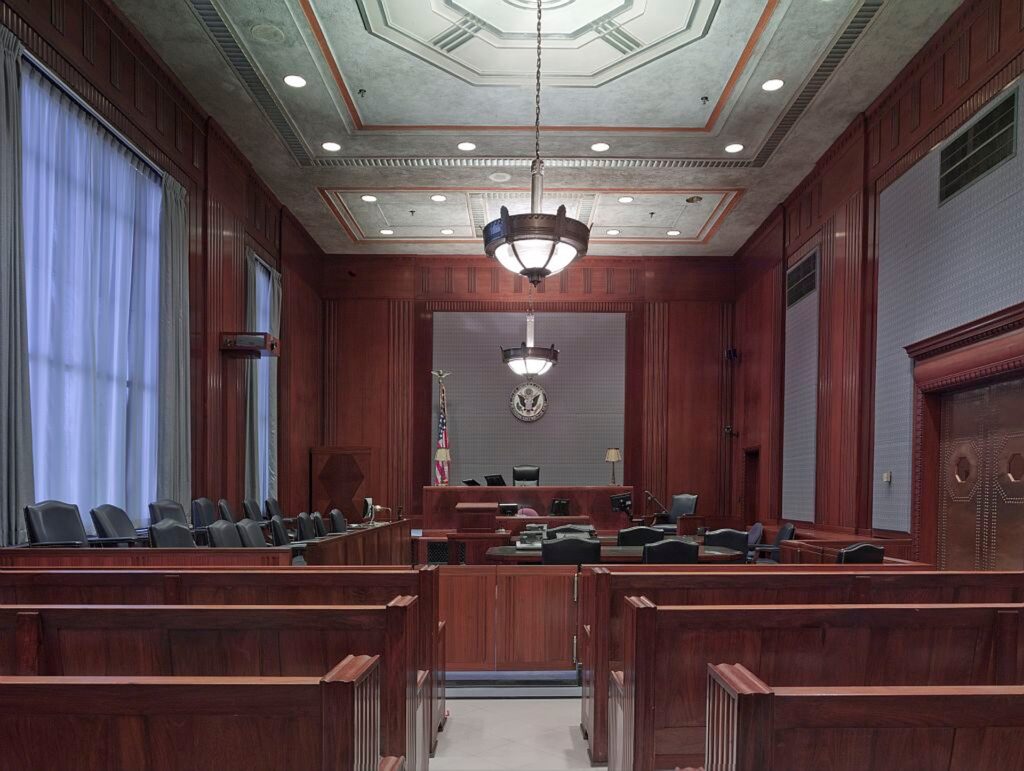What If My Case Goes to Trial?

If you have been charged with a crime, chances are your case will go to trial. Unless your Breckenridge criminal defense attorney is able to get your charges dismissed, or you accept a plea bargain, you will have your day in court and an opportunity to present a defense against the charges. It is important to understand how the process works so you know what to expect before your case goes to trial.
How Do You Prepare for a Criminal Trial?
Thorough preparation is critical to success in a criminal trial. Well before your trial date, meet with your attorney to review evidence and case strategy and to discuss expectations. For trial and any hearings, appear on time, dress nicely, and remain calm throughout the process. Do not react to statements the prosecution may make about you or your case.
Should you end up on the witness stand, be honest, make sure you understand a question before you answer it, and answer simply and to the point. Do not volunteer additional information, avoid absolute terms such as always or never, and if you do not remember something, simply say so. Remember that your attorney is there to support and guide you.
How Does Jury Selection Work?
The court selects potential jurors randomly from drivers’ license records, voter registrations, etc. The process of choosing jurors from among that pool is known as voir dire. The judge may begin a preliminary interview process before the attorneys question prospective jurors. During jury selection, both lawyers and the judge question jurors to determine if any should be excused because they cannot be fair minded about the case. Both the prosecution and the defense can reject potential jurors through peremptory challenges or challenges for cause. Ultimately, they select a panel of jurors, the size of which is determined by the judge.
What Are the Phases of a Criminal Trial?
Once a trial begins, it progresses in the following phases:
- Opening statements: Beginning with the prosecutor, attorneys for each side make their opening statements. These statements outline the facts of the case and state what the party expects to prove and the evidence through which it will be proven.
- Presentation of evidence: The prosecution presents evidence first, and then the defense. The prosecution may rebut the defense’s evidence. Most evidence is presented by calling witnesses, who can be compelled to attend the trial through subpoenas. Expert witnesses are often used to present professional opinions concerning particular elements of a case.
- Cross-examination: Direct examination is conducted by the side that calls the witness, after which the other side has the opportunity to cross-examine the witness. When cross-examination is concluded, the side that called the witness may redirect. The purpose of cross-examination is to test the accuracy of witness testimony and place it in perspective.
- Closing arguments: After all evidence has been presented, attorneys deliver their closing arguments to the jury, beginning with the prosecution. The prosecutor may reserve some time to rebut the defense attorney’s closing argument once it is concluded.
- Jury deliberation and verdict: When closing arguments are completed, the judge instructs the jury, explaining their duties and the applicable law. The jurors are escorted to a jury room, where they select a foreperson and begin to deliberate. For some cases, the jury may be sequestered if they are unable to reach a verdict by the end of the day. The verdict must be unanimous in a Colorado criminal case.
If you are facing criminal charges in Colorado, the law firm you choose to represent you may be the most important decision you make. Contact a Summit County criminal defense lawyer at Whitaker & Penix, LLC at (970) 368-0602.